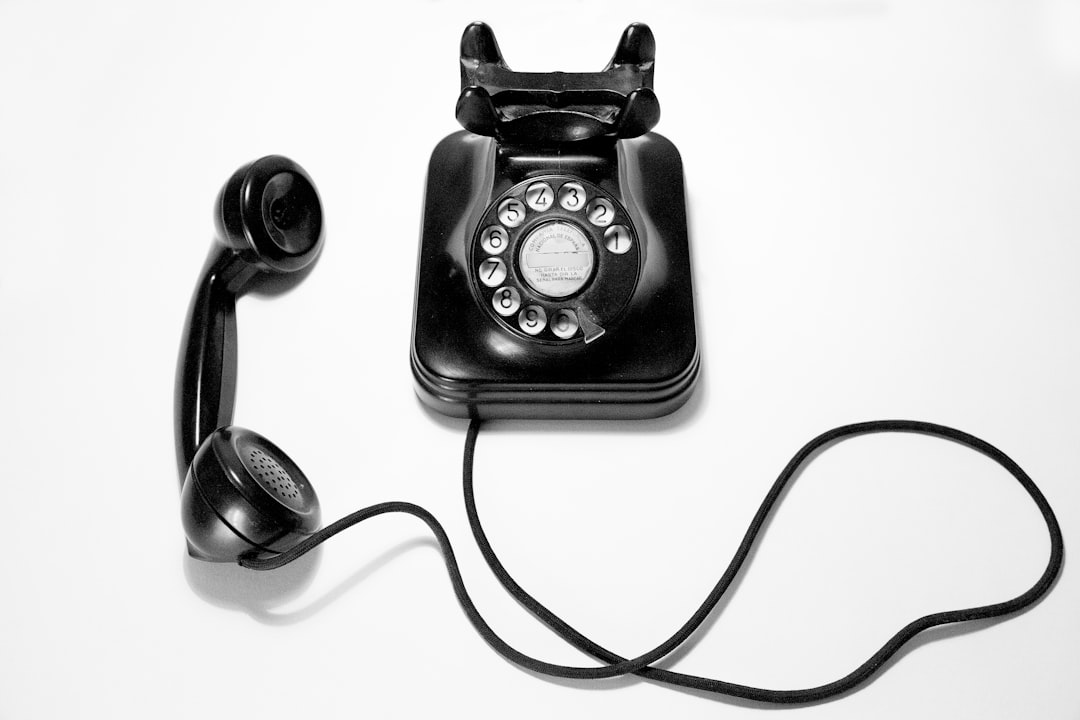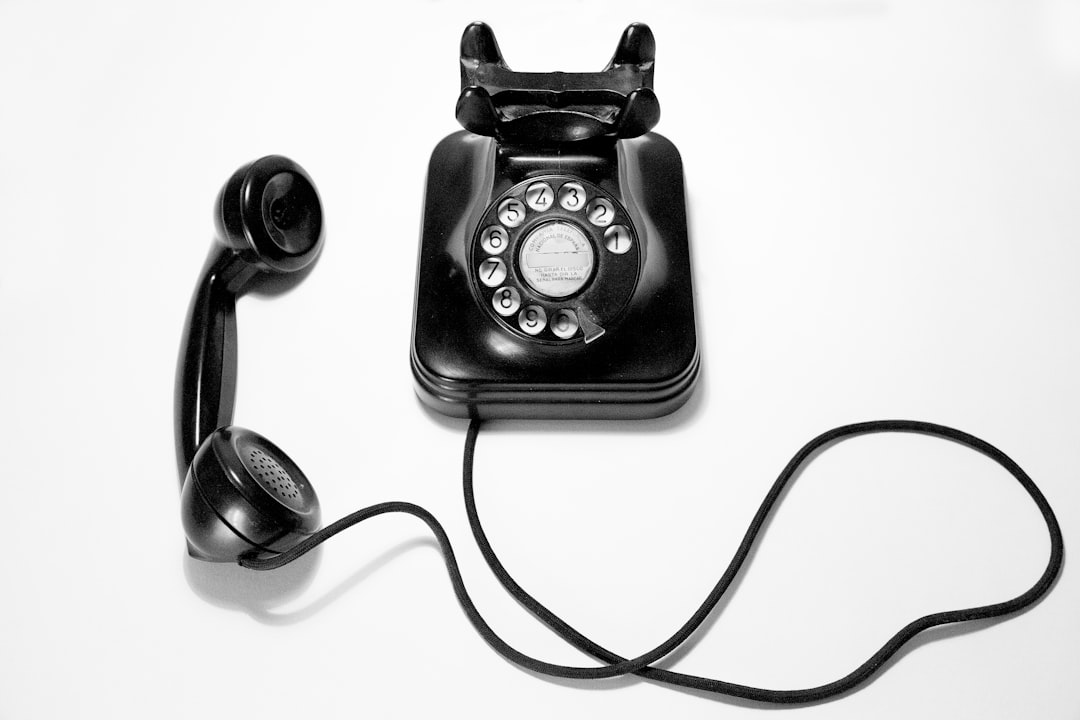In Wisconsin, unwanted telemarketing calls are mitigated by Do Not Call laws, but violations can be complex. A specialized Do Not Call Lawyer or Attorney in Wisconsin investigates sources, documents evidence, and takes legal action to protect individuals' rights. They resolve issues with persistent telemarketers or mistaken targeting, ensuring compliance. Engaging such legal professionals significantly improves chances of achieving justice and stopping unwanted calls. For Do Not Call violations, a reputable Do Not Call Law Firm offers specialized knowledge, educates on rights, investigates, and takes appropriate action, leveraging expertise to prevent harassment and secure outcomes.
In Wisconsin, understanding and adhering to ‘Do Not Call’ laws is crucial for both businesses and individuals. This article explores the significance of legal representation when these laws are violated, emphasizing the role of a competent Do not call Lawyer Wisconsin or Do not call Attorney Wisconsin. We’ll guide you through when to seek help from a Do not call Law Firm Wisconsin to protect your rights and avoid severe penalties. By understanding these regulations and knowing when to consult legal experts, residents can ensure compliance and peace of mind.
Understanding Do Not Call Laws in Wisconsin

In Wisconsin, the Do Not Call laws are designed to protect residents from unwanted telemarketing calls and sales pitches. These laws give consumers the right to opt-out of receiving such calls by registering their phone numbers on the state’s Do Not Call list. However, understanding and navigating these regulations can be complex, especially when violations occur. A Do not call lawyer Wisconsin or do not call attorney Wisconsin specializes in this area and can provide crucial guidance to individuals facing breaches of these laws.
These legal professionals are equipped to help victims of Do Not Call violations by investigating the source of the unwanted calls, documenting evidence, and taking appropriate legal action. Whether it’s dealing with persistent telemarketers or addressing cases where a business has mistakenly targeted a registered number, do not call law firms Wisconsin play a vital role in ensuring compliance with state regulations. They empower individuals to assert their rights and pursue remedies if needed, thus fostering a more respectful and regulated telemarketing environment in Wisconsin.
When You Need a Lawyer for Do Not Call Violations

If you’ve received unwanted phone calls in violation of your registered Do Not Call status in Wisconsin, it’s crucial to understand when to seek legal representation. While some cases may be resolved through a simple complaint to the Wisconsin Department of Justice, more complex or persistent violators often require the expertise of a dedicated do not call lawyer in Wisconsin.
Engaging a qualified do not call attorney in Wisconsin can significantly enhance your chances of achieving justice and halting the nuisance calls. These legal professionals are well-versed in consumer protection laws and possess the skills to navigate the complexities of litigation. They can help you understand your rights, document evidence, and communicate with both the call recipients and potential defendants, ensuring a swift and effective resolution.
The Role of Legal Representation in Protecting Your Rights

When facing a Do Not Call violation in Wisconsin, having legal representation is paramount to protecting your rights. A qualified do not call lawyer or do not call attorney in Wisconsin understands the complexities of telemarketing laws and can help ensure that your rights as a consumer are upheld. They will navigate the legal landscape on your behalf, providing guidance and aggressive advocacy to secure the best possible outcome.
Choosing the right do not call law firm in Wisconsin is crucial. A reputable firm with experience in handling such cases can offer specialized knowledge and personalized service. They can educate you about your rights, investigate the violation, and take appropriate legal action, whether through negotiation or litigation. This protection is vital to prevent harassment and ensure compliance with Wisconsin’s strict do not call regulations.






